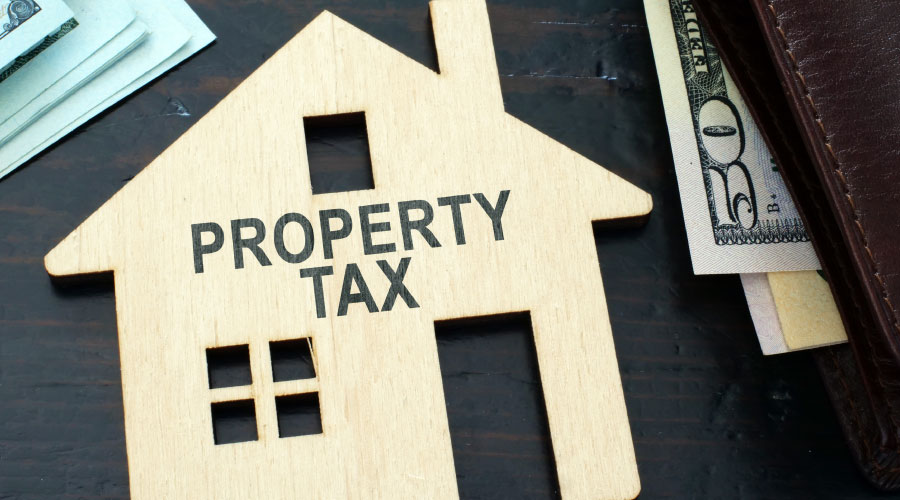A bill passed this week by the Ohio legislature could make major changes in the current process for Ohio tax valuation challenges before Ohio Boards of Revision as it relates to participation by Boards of Education if Governor DeWine signs it into law.
Unlike the procedures in many other states, in Ohio, Boards of Education (the major recipients of property tax monies) may both initiate complaints to increase the valuation of real property (and thus increase property taxes owed) and may oppose a property owner’s legal attempts to secure a reduction in tax values as well.
Some major features of the legislation, Am. Sub. H.B. 126, follow:
- School districts may not initiate a complaint to increase valuation unless the challenge meets all of three requirements (a) the challenge is based upon an actual arm’s length sale of the subject property before the tax lien date in question (this would then, it seems, also rule out challenges at all of “entity transfer” sales and sales after the tax lien date in question), (b) the sale is at least 10% above the then-established Auditor’s valuation and (c) such sale price exceeds the Auditor’s valuation by at least $500,000 (that amount is then annually subject to a CPI adjustment).
- Boards of Education would have to carefully undertake extensive and detailed procedures to specifically authorize by resolution such challenges, on a property-by-property basis, with at least seven days’ advance certified mail notice to each affected property owner. The level of detail of these procedures appears to be nothing more than a series of procedural traps for Boards of Education to discourage their involvement in the tax valuation process.
- The involvement of Boards of Education stop at the Board of Revision. While property owners or the Auditor may pursue an appeal of a Board of Revision decision, Boards of Education will have no authority to appeal (or participate in a property owner appeal) of a Board of Revision decision.
- Presently, property owners may enter into private settlements with school districts to avoid or end their opposition to a valuation reduction or its attempts to seek valuation increases. H.B. 126 will outlaw the practice of entering into these “side deals.”
More minor changes include:
- Boards of Education may file counterclaims to property owner complaints to reduce valuations only if the initial Complaint seeks a reduction of at least $17,500 (Boards of Education rarely if ever file counterclaims below this level at present).
- Boards of Revision lose jurisdiction to increase valuations of claims by Boards of Education are not acted upon within one year of the date of the filing of the Complaint (in our experience, this delay only happens in a few large urban counties in the year following a triennial revaluation, so this type of prolonged delay is quite uncommon).
There is no language in the bill about its effective date, upon our initial review, and thus it would seem its effective date would be 91 days after it becomes law (under the Ohio Constitution). Thus, some of these provisions (pursuit of appeals, for example) could have an impact on valuation complaints and school board counterclaims filed in calendar year 2022.
We will promptly update this blog when Governor DeWine either vetoes or signs the legislation into law. He has 10 days to act, or the bill automatically becomes law.
Read more about the legislation here:
Read the actual legislation here. Contact Chris Finney (513.943.6655) if you have questions about the legislation or desire to pursue or defend against an Ohio or Kentucky property tax valuation challenge.



